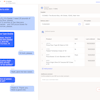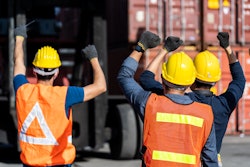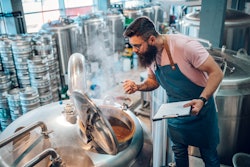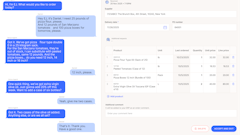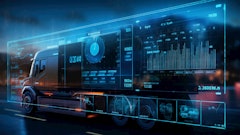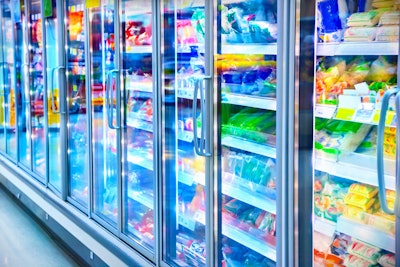
Independent grocers have long played a vital role in their communities by offering fresh produce, unique products, and personalized customer service. However, as the retail landscape becomes increasingly competitive, managing food logistics efficiently has grown more complex. From inventory management to supply chain optimization, independent grocery stores face mounting pressure to adapt while maintaining profitability and community connections. Enter artificial intelligence (AI), a game-changing tool that addresses these challenges and equips independent grocers with innovative solutions to streamline operations and better serve their customers.
Challenges in food logistics for independent grocers
Managing food logistics is no small feat for independent grocery stores. Common challenges include:
- Inventory mismanagement: Stockouts drive customers away, while overstocking leads to waste and lost revenue, especially in perishables. Traditional manual tracking systems are prone to error and inefficiency.
- Supply chain inefficiencies: Without access to vast logistics networks, smaller grocers are more vulnerable to disruptions like shipping delays and rising transportation costs.
- Rising costs and slim margins: Inflation, fluctuating tariffs, and other factors make balancing costs with profitability a constant struggle.
- Food waste: Grocers generate approximately 160 million tons of waste annually in the United States, increasing costs and environmental impact if left unmanaged.
Unaddressed, these issues can jeopardize a store’s growth and survival. However, AI is transforming food logistics by offering solutions that level the playing field for independent grocers.
How AI is transforming food logistics
AI brings practical, scalable solutions to help small and medium-sized grocers optimize their operations and provide better customer experiences. Here’s how it’s making an impact:
1. Optimized inventory management
AI solutions analyze historical sales data, local events, and seasonal trends to forecast demand accurately. With real-time data tracking, independent grocers can automate reordering processes, ensuring high-demand items are always available without overstocking. This reduces spoilage, cuts costs, and minimizes waste.
2. Efficient supply chain tracking
AI-powered logistics platforms provide predictive insights, helping independent grocers proactively manage potential disruptions, optimize delivery schedules, and consolidate orders to lower transportation costs. These tools streamline operations, ensuring consistent product availability.
3. Simplified pricing
AI simplifies pricing logistics by tracking vendor price changes and analyzing market trends. Dynamic pricing systems adjust costs in real-time based on demand forecasts, enabling independent grocers to maintain profit margins while staying competitive.
4. Reducing food waste
AI helps grocers combat food waste by monitoring inventory in real time and identifying slow-moving or near-expiring items. These products can be redistributed or put on promotion before they become unsellable, reducing overhead and environmental impact. For example, Carver Neighborhood Market, in Atlanta, Georgia, used AI tools to significantly cut food waste and reinvest savings into community initiatives.
5. Enhancing the customer experience
AI-powered tools analyze purchase patterns to personalize promotions, create targeted discounts, and stock products tailored to a community’s needs. This personalized approach fosters loyalty and provides independent grocers with a competitive edge over other retailers.
Community impact of AI-driven grocers
Beyond operational improvements, AI equips independent grocers to better support their communities. By reducing food waste, promoting sustainability, and ensuring access to fresh, affordable food, AI-powered stores can invest more resources into initiatives like supporting local farmers, hosting events, or donating to food banks.
The future of food logistics with AI
The future of food logistics is brimming with possibilities, from predictive ordering that reflects hyper-local preferences to autonomous delivery and deeper integration between supply chains and retail operations. Independent grocers that adopt AI now position themselves not just to thrive but to lead in this evolving landscape.
A new era for grocery stores
Independent grocers have always been critical to their communities, but survival of the independent grocery market requires modern tools. AI levels the playing field, enabling small retailers to rival the operational efficiency of larger competitors while enhancing supply chain management, reducing food waste, and building stronger customer relationships.
Grocers who invest in AI aren’t just optimizing their operations; they’re creating lasting value for their communities. By adopting these technologies today, they secure their place in an increasingly competitive market and help pave the way for a more sustainable and efficient future in food logistics. AI is not just a tool but a necessary investment in the grocery industry’s future.

